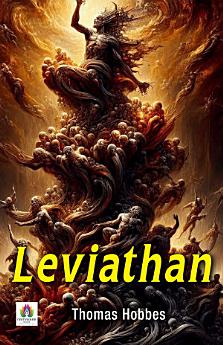Leviathan: Demanding Ebook Book
Über dieses E-Book
In Leviathan, Hobbes outlines his vision of the ideal state, where absolute sovereignty is vested in a ruler—a figure who embodies the will of the people and maintains peace through absolute power. Hobbes dismisses the idea of divine right or any form of traditional monarchy, advocating instead for a rational, secular basis for governance. His ideas paved the way for the development of modern political theories regarding democracy, statehood, and the nature of power.
The work is divided into several parts, addressing topics such as human nature, the origin of the state, the rights of citizens, and the power of rulers. Hobbes’ writing is both philosophical and political, combining rigorous logic with a deep understanding of human psychology. His theories about human selfishness and the need for control in society continue to spark debates among scholars, policymakers, and philosophers.
Leviathan remains an essential text for anyone interested in the foundations of political philosophy and the history of Western thought. Hobbes’ exploration of the human condition and the necessity of strong governance is as relevant today as it was in the 17th century. This work is a cornerstone for understanding the development of modern political systems and the balance between freedom and authority.







